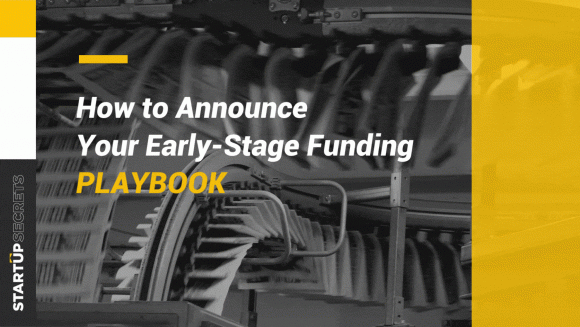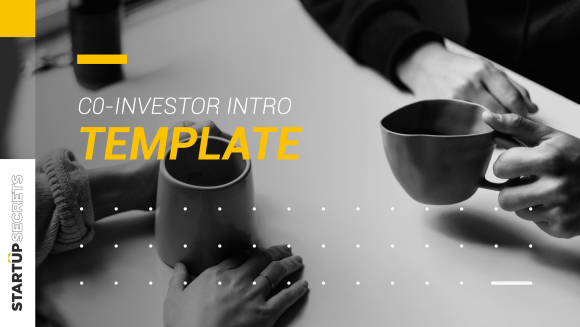It’s a founder’s market; valuations are soaring, and VC deal pace is accelerating. This dynamic gives founders more influence to vet potential investors before accepting funding.
Pitchbook data shows that Boston VC deal activity hit a record high in August 2021—with nearly five months to go in the year. Plus, Boston’s average early-stage VC deal size jumped from $26.3M in 2020 to $38.5M in August 2021.
For many startups, cash is out there. But just because it’s available, that doesn’t necessarily mean you should take it.
You might have heard the saying, “A startup’s relationship with a VC is like a marriage,” given SaaS companies take an average of nine years to exit—longer than the average US marriage.
You don’t want to enter into the wrong relationship. Just as investors do their due diligence on potential investments, founders must do their due diligence on potential investors.
In this video, Underscore VC Co-founding Partner Richard Dulude shares best practices on how to vet investors.
We’ve put together a questionnaire with some of the most important points to hit on. You can copy and paste this list of questions in a doc to take notes as you build relationships with investors. Or you can track these details in our investor CRM.
About the Investor
Get to know the individual investor you’re working with.
- How does this investor fit into the firm?
- Are they gathering information?
- Do they have decision-making authority?
- If not, which partner do they work for?
- What areas do they invest in?
- In which markets?
- In what types of tech?
- In what business models?
- In first-time and/or repeat founders?
- What are their key criteria for investing?
- Stage, revenue, growth rates, etc.
- What metrics do you look for at this stage?
- Can you share examples, including outliers?
About the Fund
What is their typical investment process like?
- What is their average check size?
- Where are they in their fund lifecycle?
- What types of companies do they invest in?
- Do they have investments that are complementary to your company?
- What were the last couple of investments they made? Do you know someone at those companies?
- When is the last time they made an investment of this size?
- What is their diligence process like?
- What is their typical decision-making timeline?
- Who is involved in investment decisions?
- Do they have an investment committee?
- If so, who is on it?
- Is there a veto?
- Do they create a deal memo or equivalent? If so, what’s in it? Can they share an outline you can help fill in?
How They Support Founders
How does the firm help its investments? Ask for examples everywhere.
- How do they like to work with their founders?
- What is their style? (Hands-on, hands-off, etc.)
- What is their primary value add?
- Who could you talk to that has experienced this?
- Can they share some examples of when things went sideways in an investment and how they handled it?
- Who are the founders they would suggest you talk to better understand how they work?
About Investment Terms
How do they approach term sheets?
- Can they share a standard term sheet?
- Where are their terms different than standard docs like NVCA terms or YCombinator notes? As necessary, ask them to explain any non-standard terms.
- How do they approach valuation?
- How do they think about option pools?
- When they present a term sheet, what are the things they’ll need to complete before wiring the money (beyond the legal process)?
- How often have they signed a term sheet and not completed the investment?
Remember: The key to all of this is to start the fundraising process early. That gives you ample time to build genuine relationships and qualify investors as the right fit for your company—without being pressured to close funding. So find references, ask tough questions, and dig into details. You won’t regret it.













